Shop
Gin
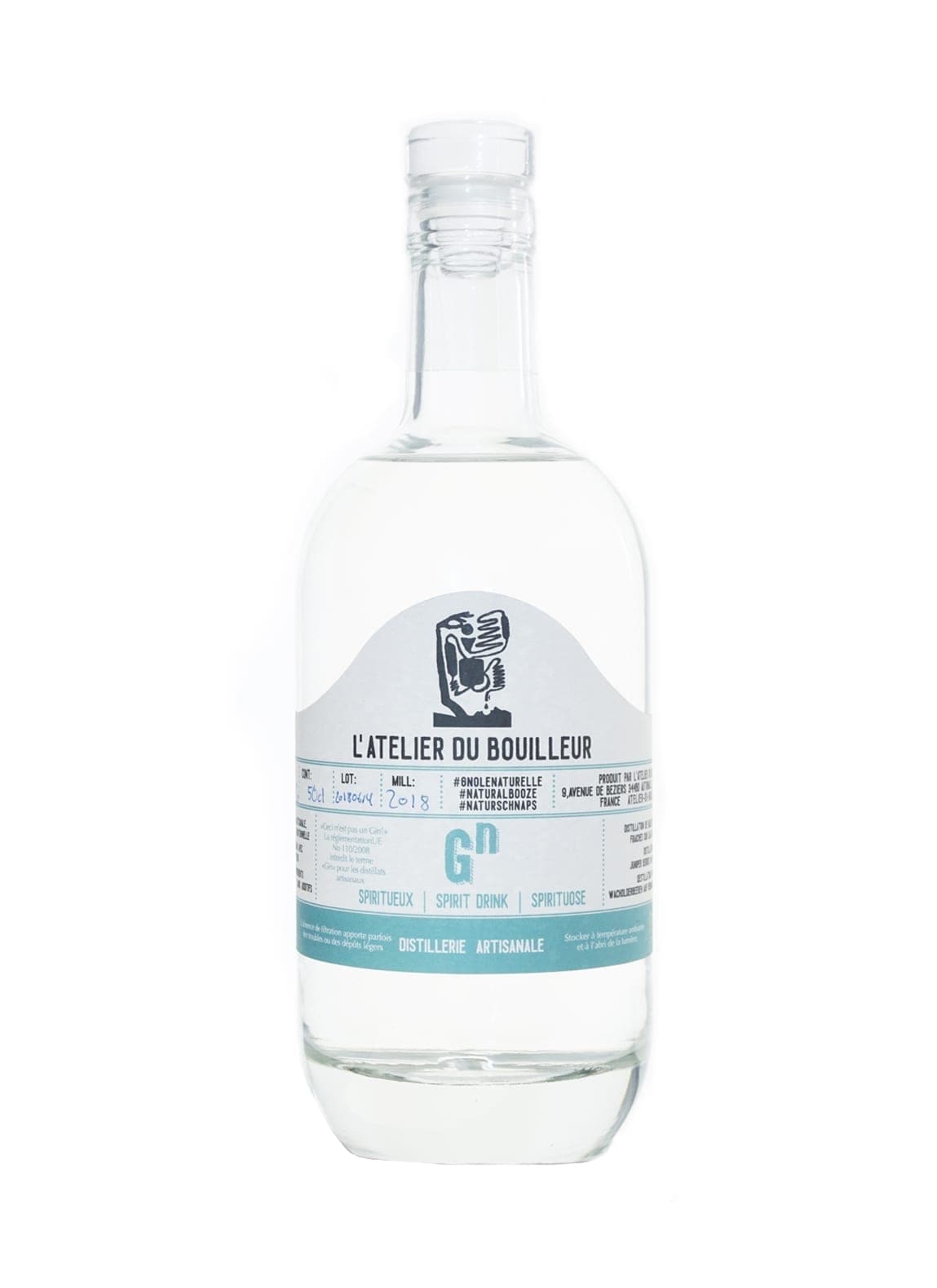
Bouilleur Le Gin 40% 500ml
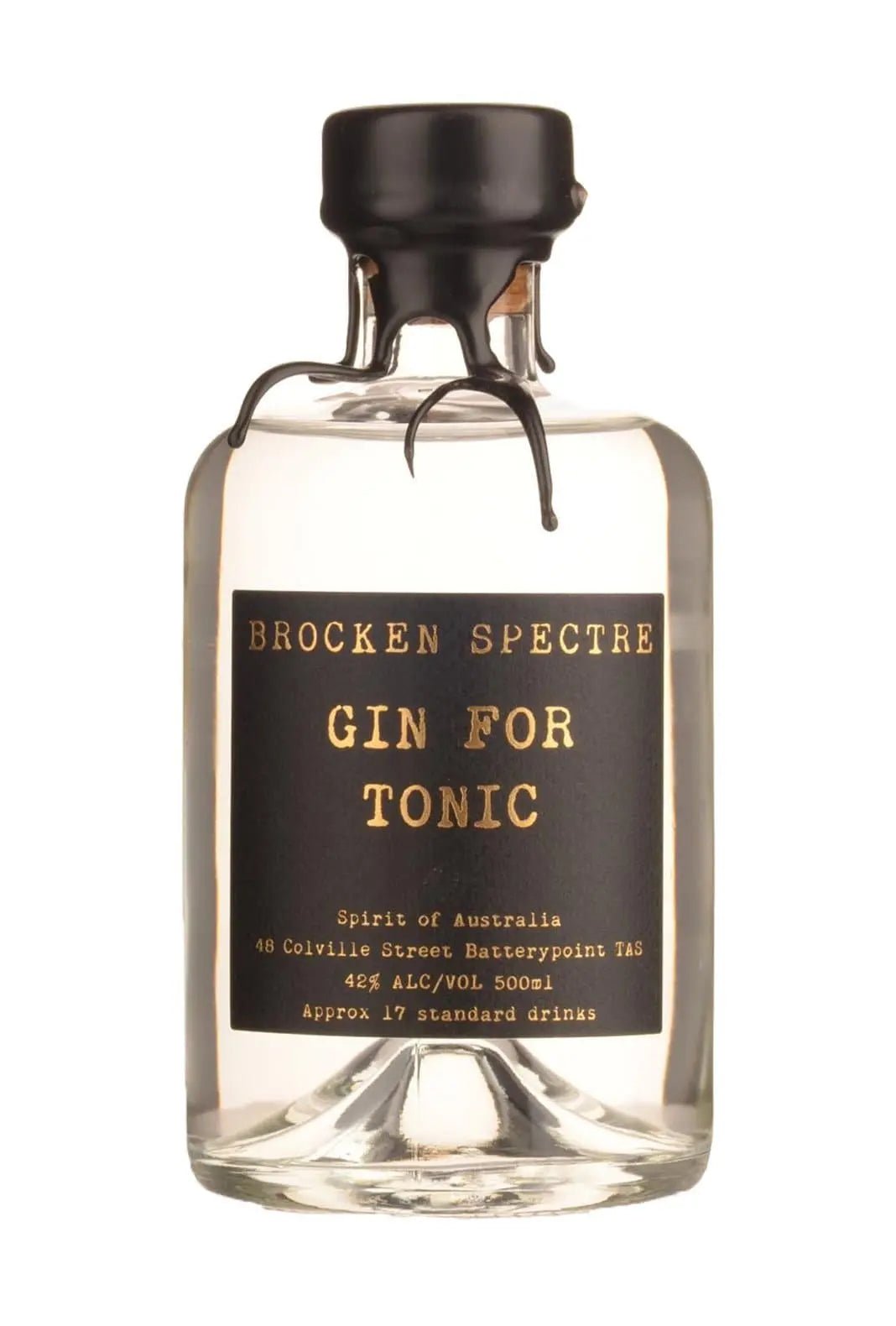
Brocken Spectre Gin for Tonic 42% 500ml
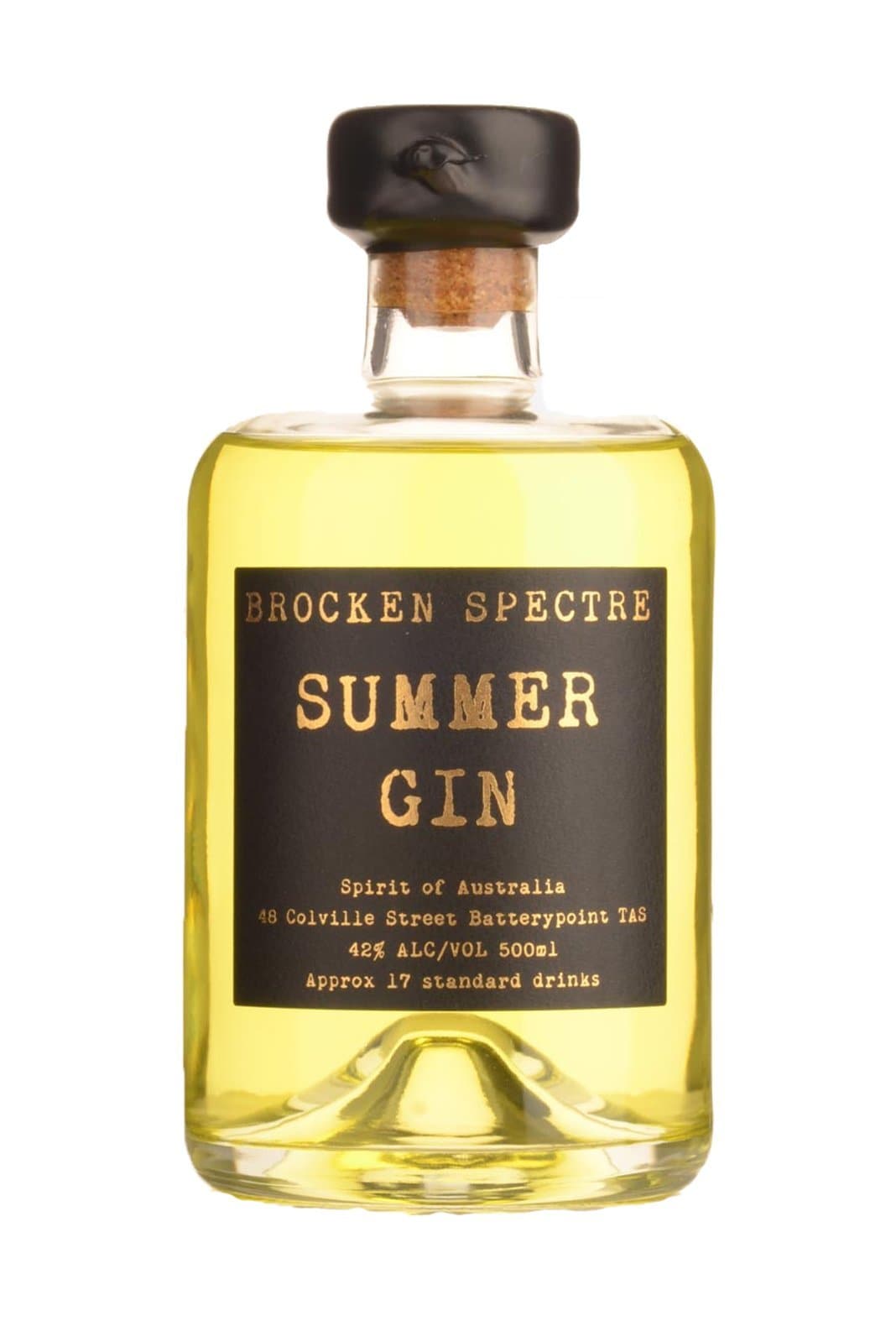
Brocken Spectre Summer Gin 42% 500ml
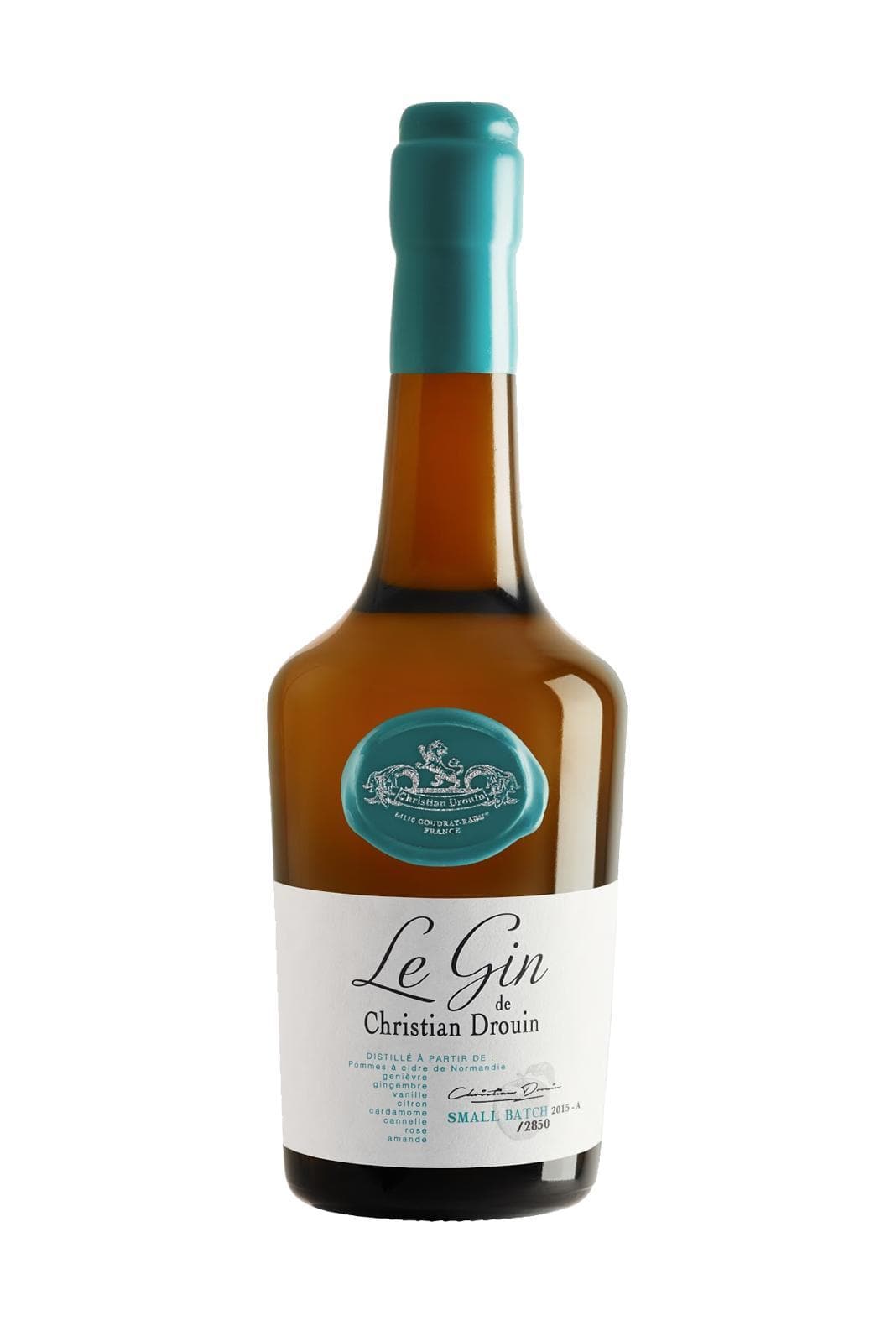
Christian Drouin Gin 'Le Gin Blanc' 42% 700ml
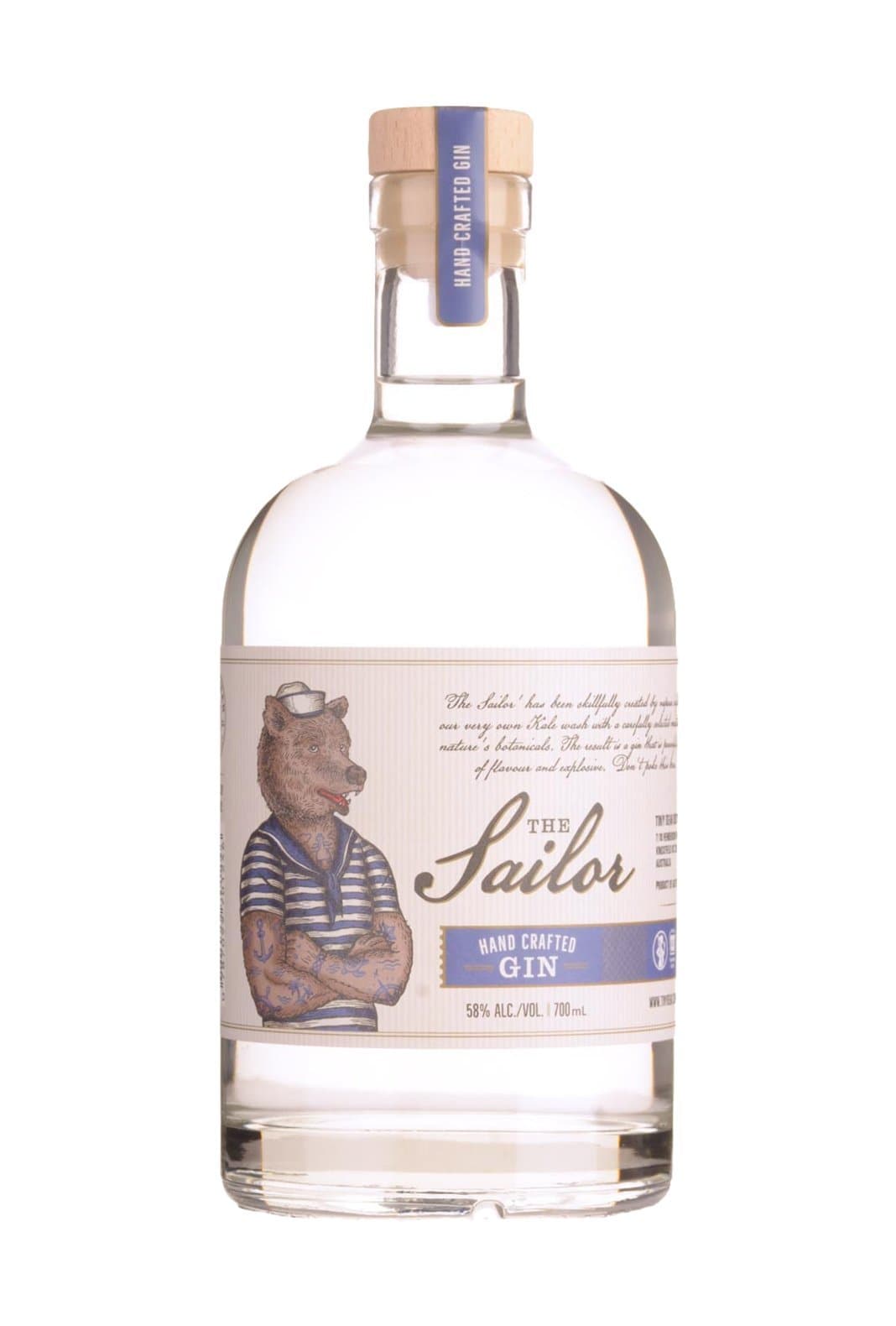
Tiny Bear The Sailor 58% 700ml
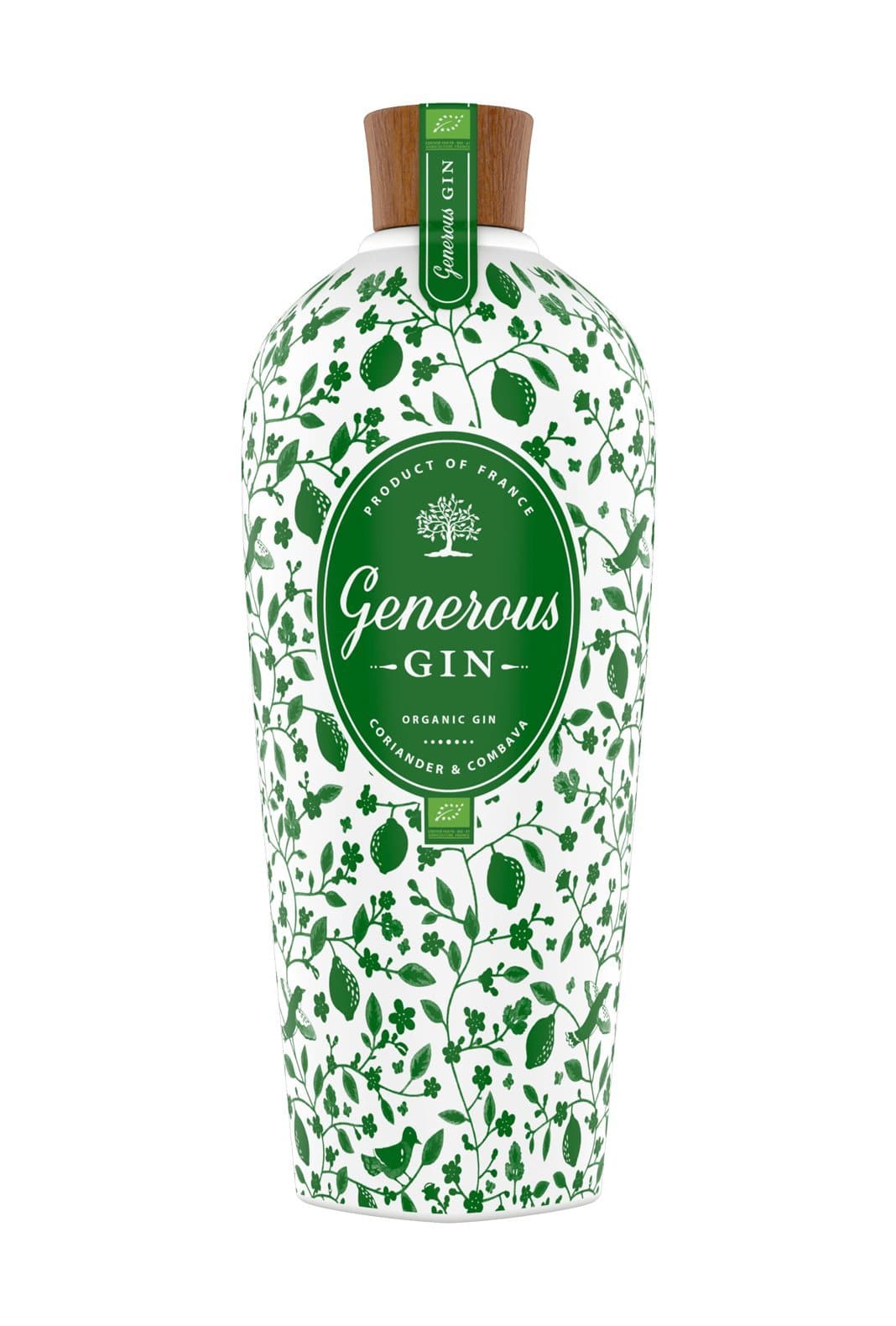
Generous Gin Organic 44% 700ml

St. Laurent Gin 43% 700ml
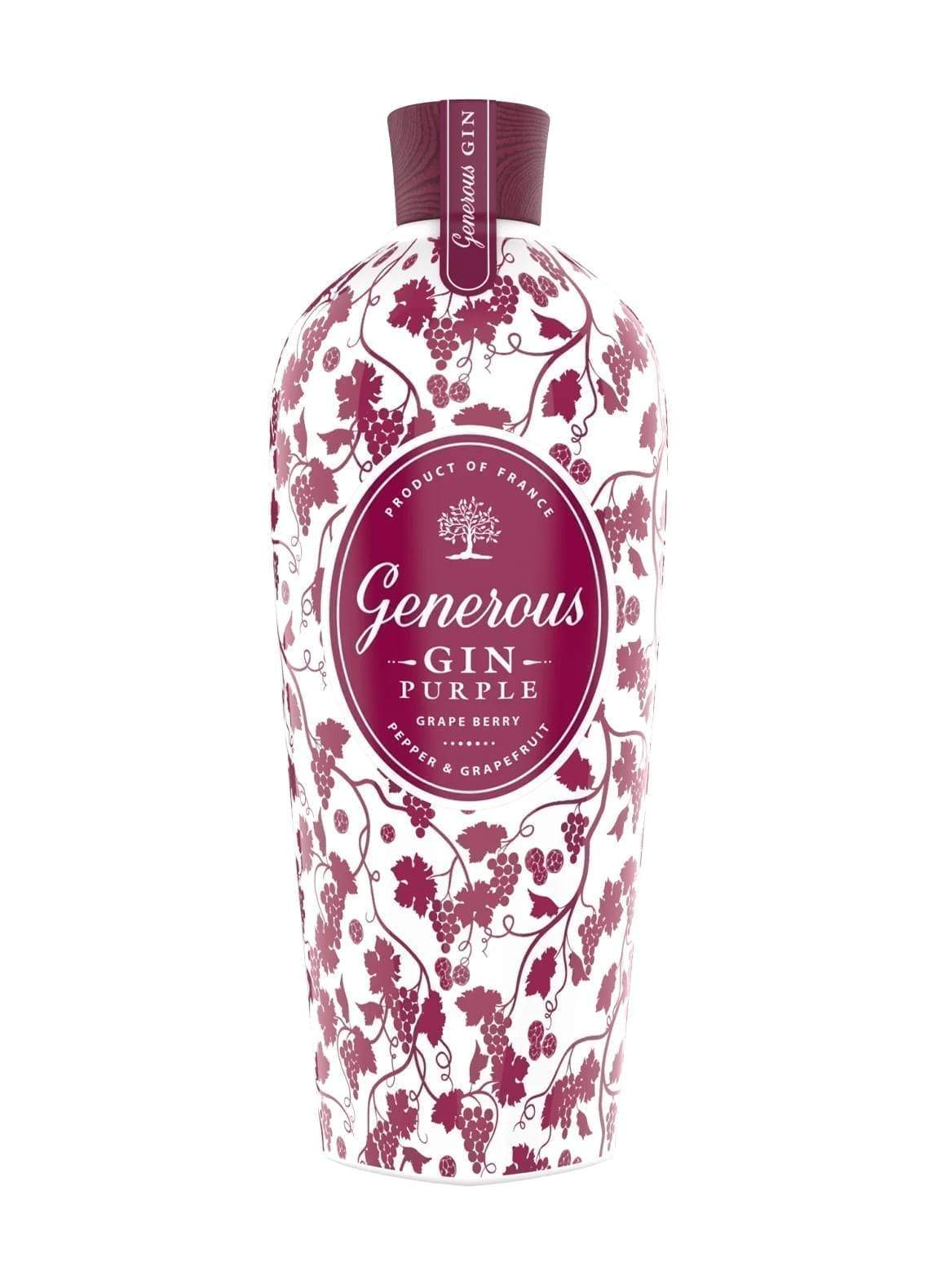
Generous Gin Purple 44% 700ml
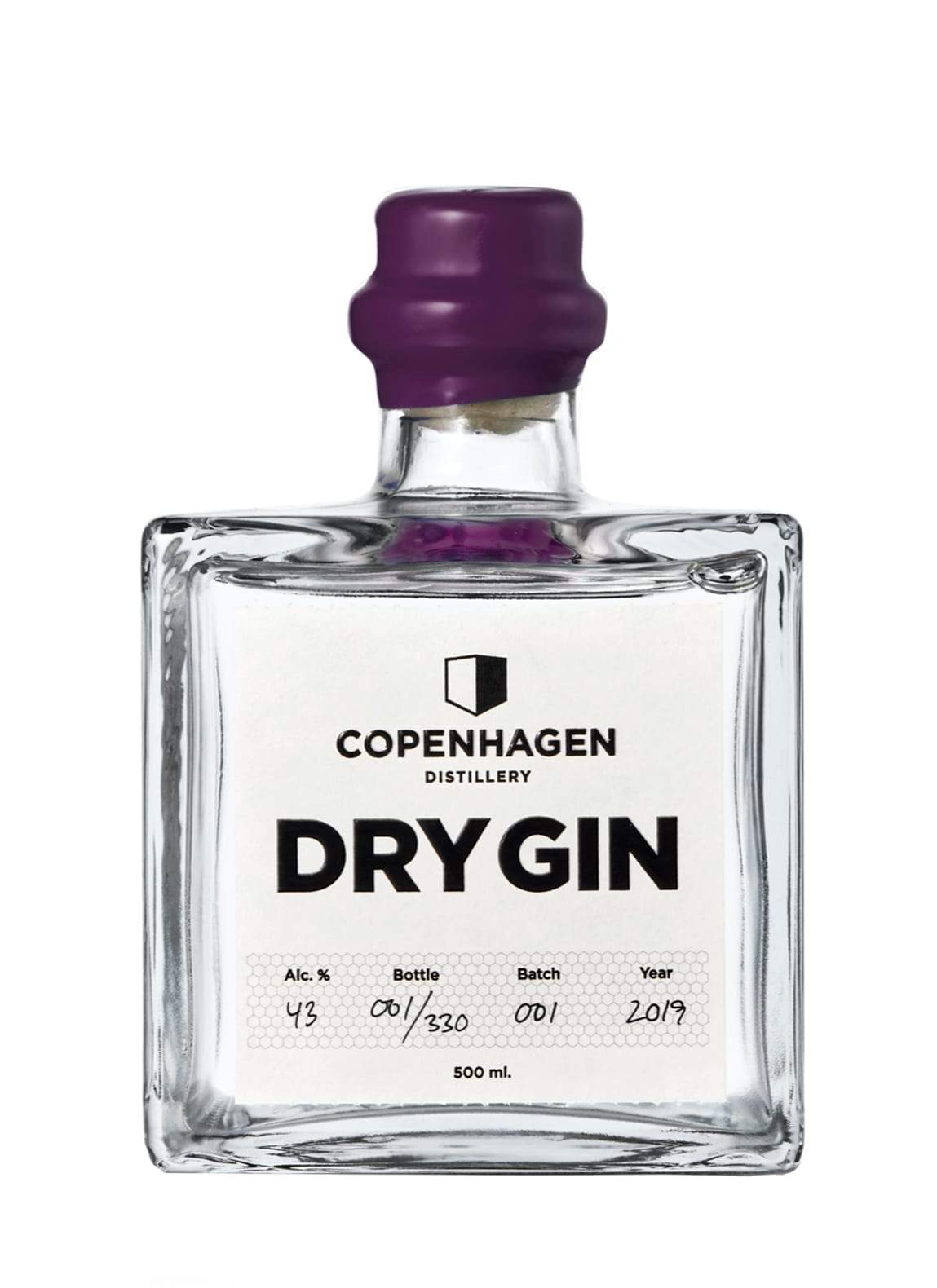
Copenhagen Distillery Dry Organic Gin 43% 500ml
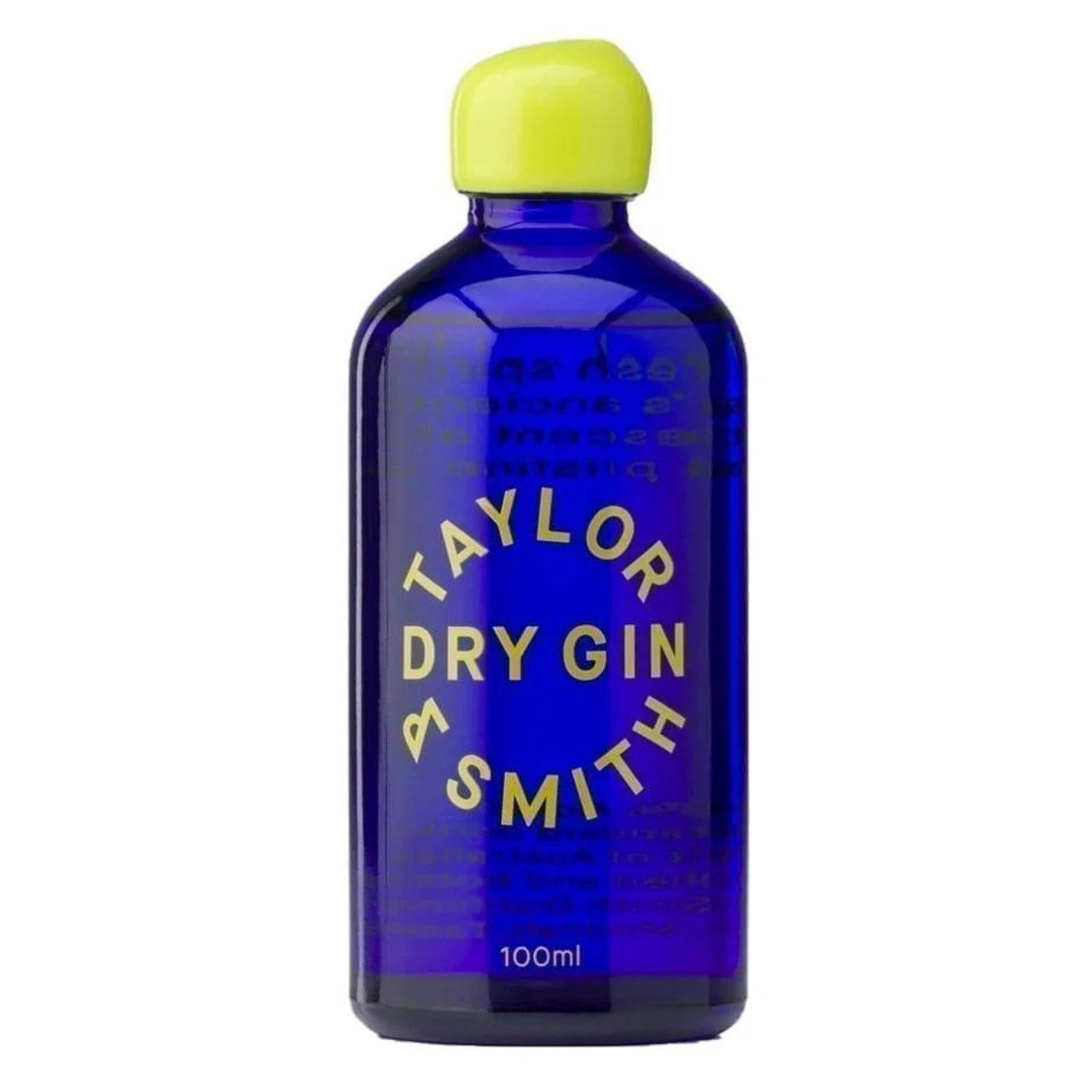
Taylor & smith Dry Gin 46% 100ml
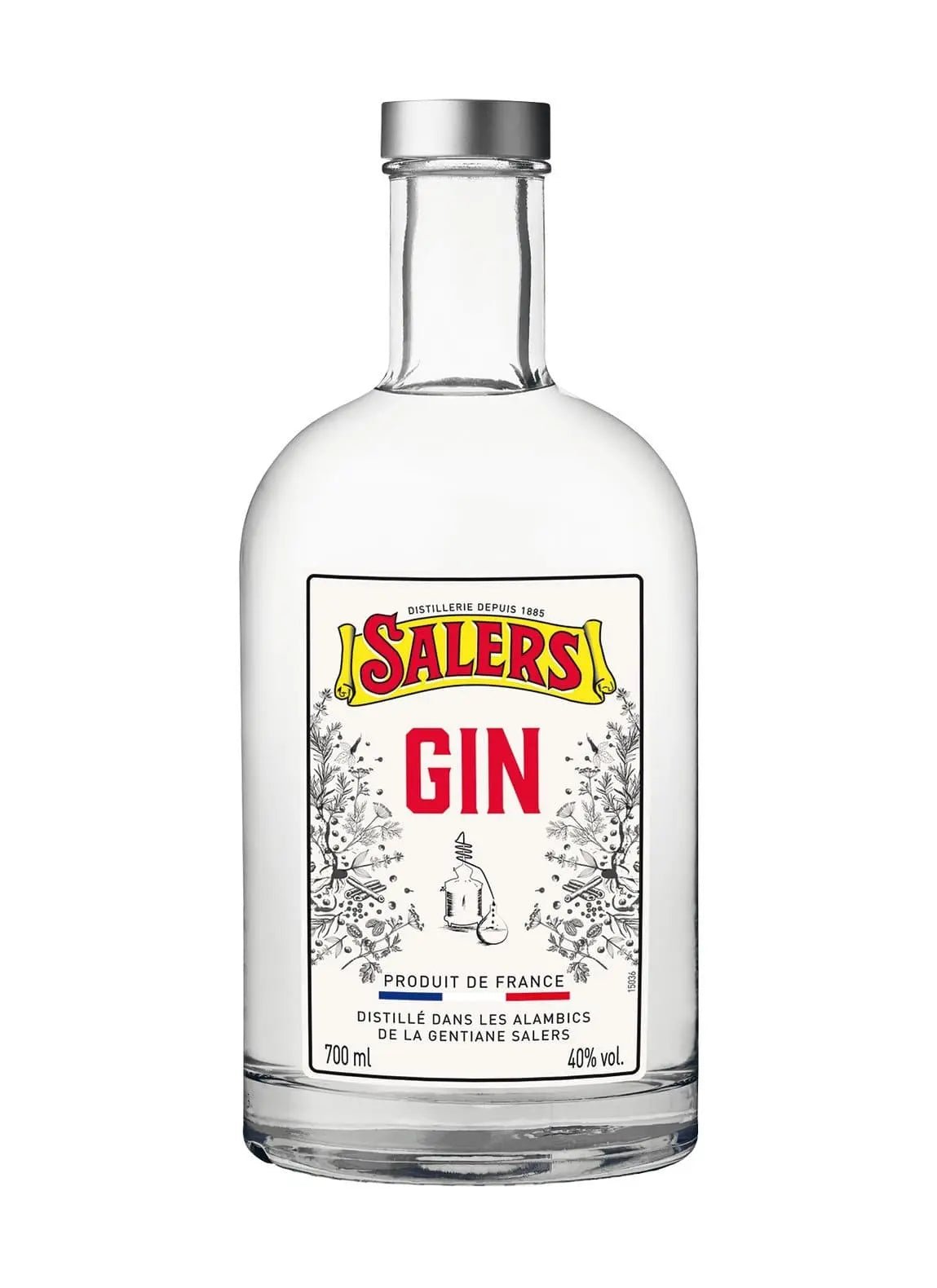
Vedrenne Salers Gin 40% 700ml
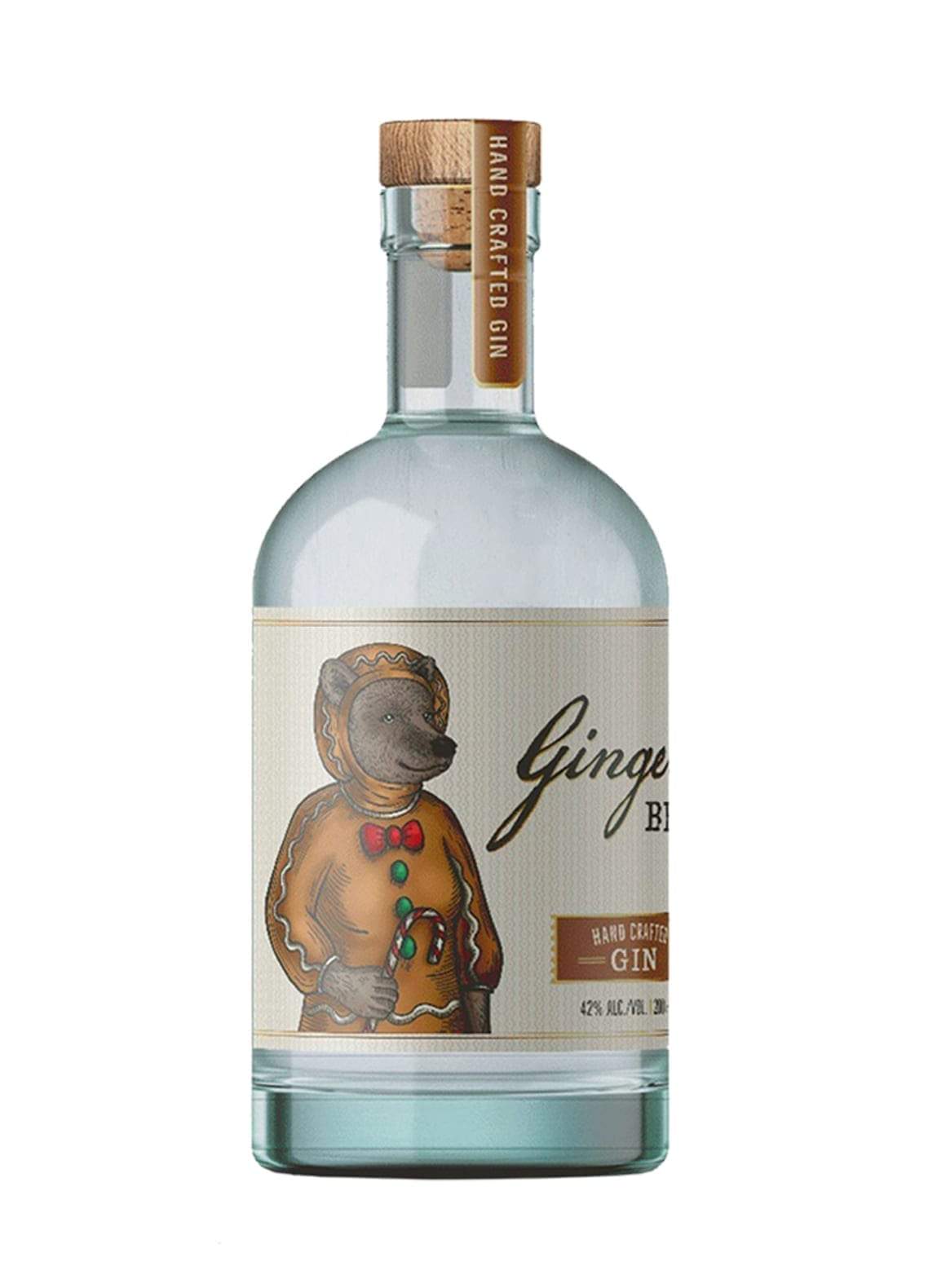
Tiny Bear Gingerbear Gin 42% 700ml
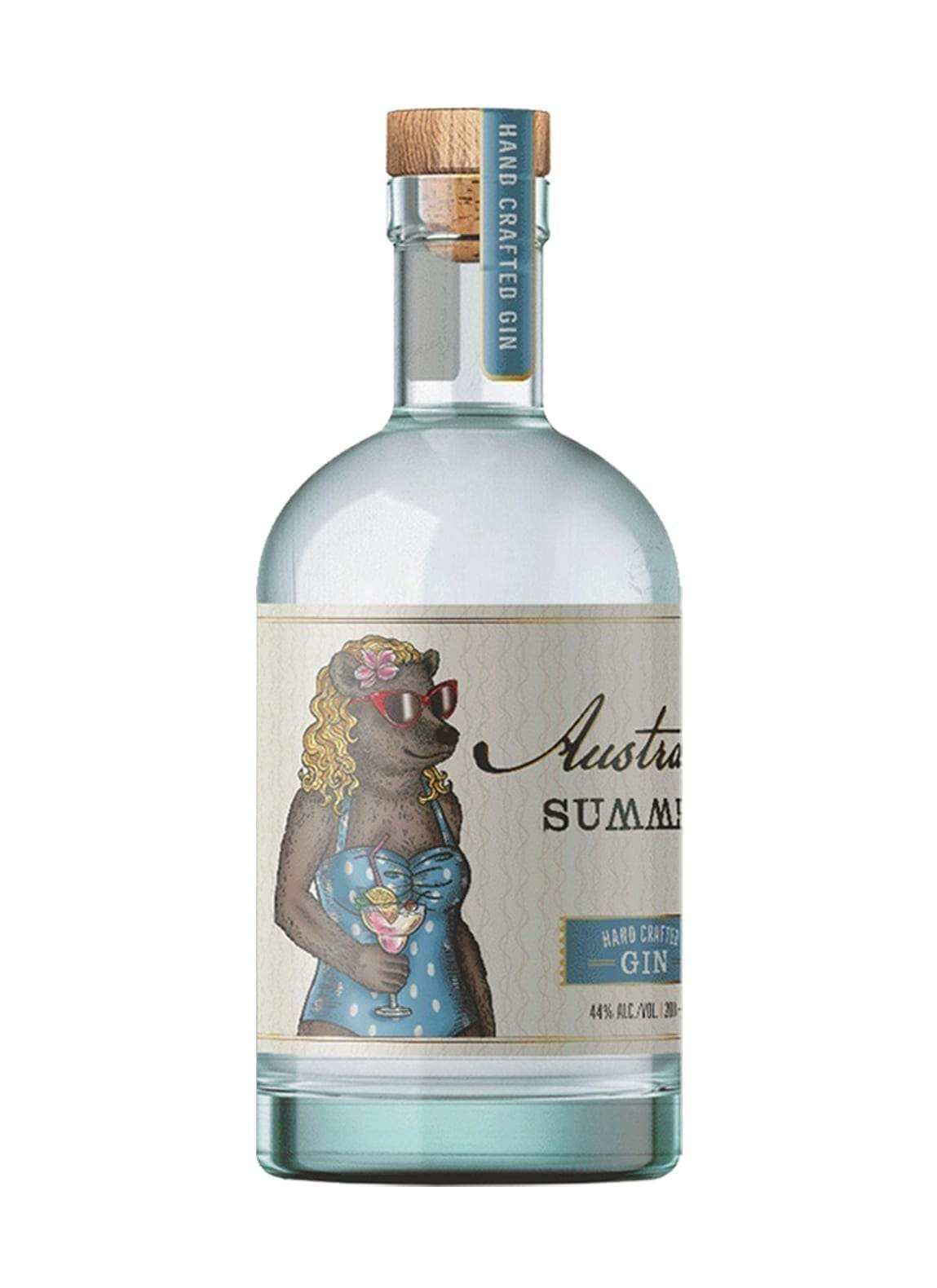
Tiny Bear Australian Summer Gin 44% 700ml
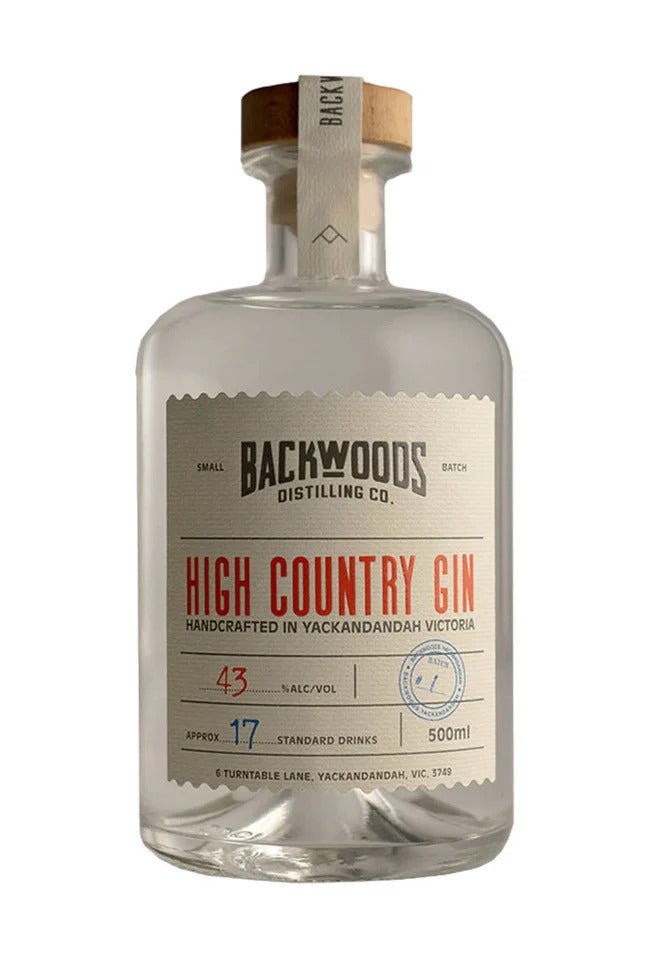
Backwoods High Country Gin 43% 500ml
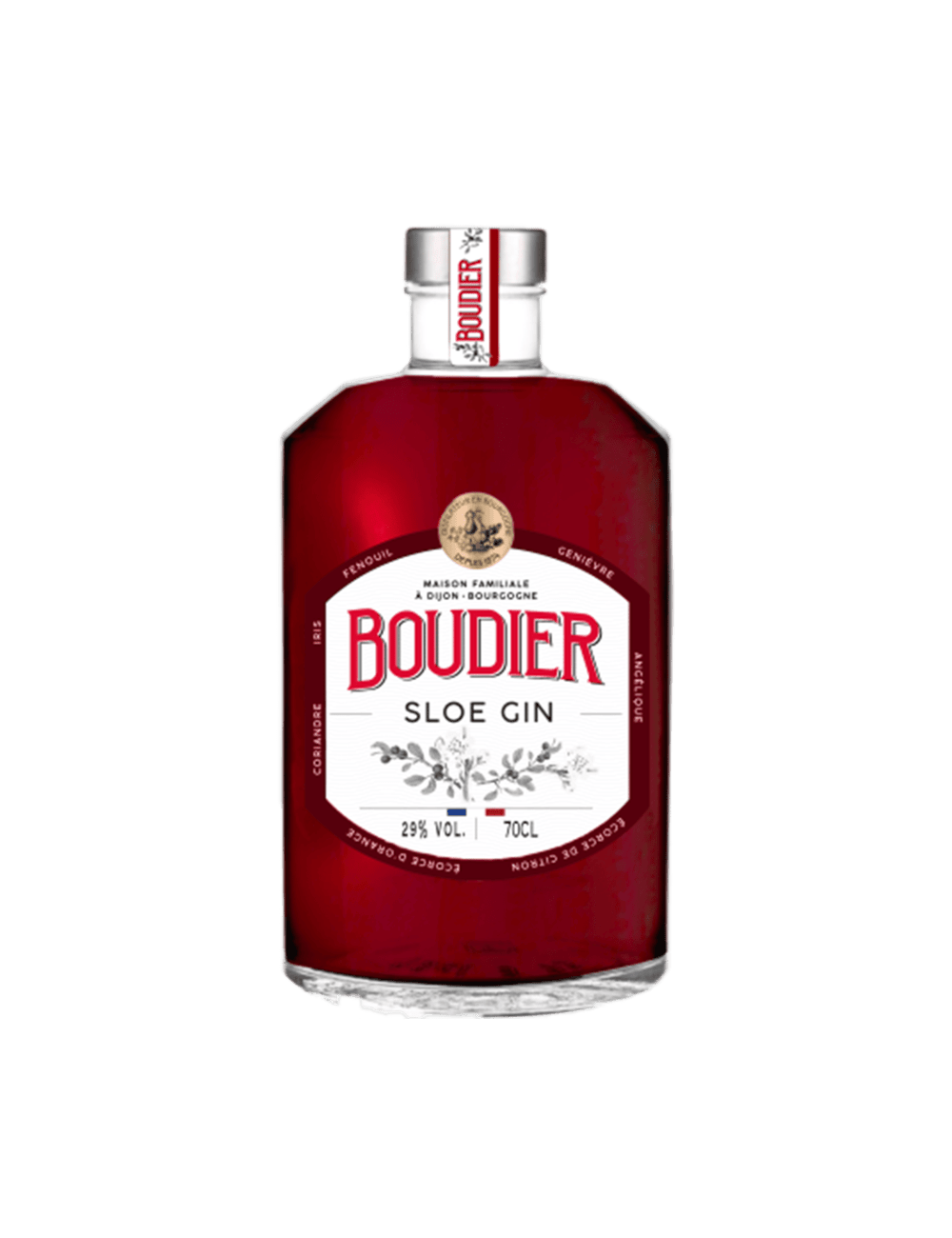
Gabriel Boudier Sloe Gin 25% 700ml
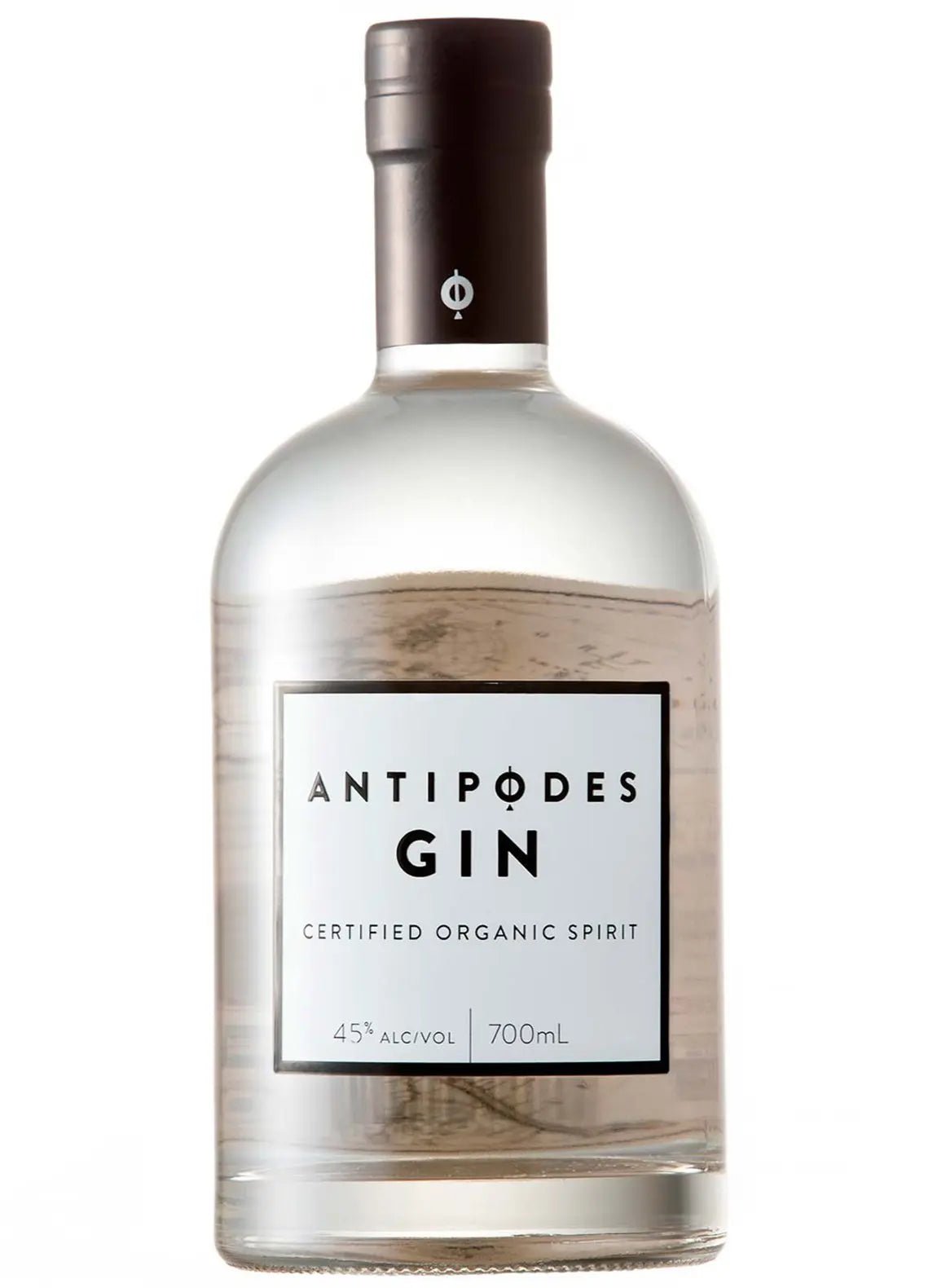
Antipodes Shiraz Gin 40% 200ml
Gin
Gin originated as a medicinal liquor made by monks and alchemists across Europe, particularly in southern France, Flanders and the Netherlands, to provide aqua vita from distillates of grapes and grains. It then became an object of commerce in the spirits industry. Gin emerged in England after the introduction of the jenever, a Dutch and Belgian liquor that was originally a medicine. Although this development had been taking place since the early 17th century, gin became widespread after the William of Orange-led 1688 Glorious Revolution and subsequent import restrictions on French brandy.
Gin today is produced in different ways from a wide range of herbal ingredients, giving rise to a number of distinct styles and brands.
After juniper, gin tends to be flavoured with botanical/herbal, spice, floral or fruit-flavours or often a combination. It is most commonly consumed mixed with tonic water. Gin is also often used as a base spirit to produce flavoured gin-based liqueurs such as, for example, sloe gin, traditionally by the addition of fruit, flavourings and sugar.
Gin is a beloved spirit that people worldwide have enjoyed for centuries. It is a versatile and complex drink that can be enjoyed in various ways, from classic cocktails to modern mixers. Below, we'll explore what gin is, how it's made, the history of gin, and more!
What is Gin?
Gin is a distilled spirit primarily made with juniper berries and other botanicals. It has a distinct flavour profile characterised by its piney and herbaceous notes. Gin is typically straightforward and has a high alcohol content.
How to Drink Gin
There are many ways to enjoy gin, from sipping it neat to mixing it in cocktails. One of the most classic gin cocktails is the gin and tonic, which combine gin with tonic water and a slice of lime. Other popular gin cocktails include the Martini, Negroni, and Gimlet. When drinking gin neat, serving it chilled and in a stemmed glass is best to preserve its aroma.
How is Gin Made?
Gin is made by distilling a neutral spirit with a blend of botanicals. The most crucial botanical in gin is juniper berries, which give it its signature flavour. Other botanicals commonly used in gin include coriander, angelica root, citrus peel, and cardamom, amoungst many others. The recipe of botanicals used in gin varies from brand to brand and is often a closely guarded secret.
There are two main methods for making gin: maceration and vapour infusion. In the maceration, the botanicals are added directly to the neutral spirit and left to steep for a period of time. In vapour infusion, the botanicals are placed in a basket above the still, and the steam passes through them, infusing the spirit with their flavours.
History of Gin
Gin's long and exciting history dates back to the 17th century. It was first created in the Netherlands as a medicinal spirit known as genever. Genever was brought to England by soldiers during the Thirty Years' War, and it quickly gained popularity among the English population. It was especially popular among the poor, who needed help to afford expensive imported spirits like brandy.
In the 18th century, gin became a source of social and moral concern in England. The government passed several laws to curb its consumption, including the Gin Act of 1751, which imposed high taxes on gin and made it more challenging to produce. However, these measures did little to stem the popularity of gin, which continued to be consumed in large quantities throughout the 19th century.
Buy premium Gin online at Liquor Wine Cave. Free and fast shipping available!
Gin is a clear, Juniper flavoured spirit that has become a popular ingredient in cocktails around the world. The history of gin dates back to the 17th century, when it was first produced in Holland as a medicine. The Dutch used a spirit known as jenever as a treatment for a variety of ailments, including stomach problems and gout.
As the Dutch began to trade with England, they brought jenever with them, and it quickly became popular among the English. However, the English began to develop their own version of the spirit, which they called "gin." Unlike jenever, which was typically distilled from malted barley, gin was made from cheap grain spirits and flavoured with juniper berries.
By the 18th century, gin had become a major social problem in England, as it was cheap and readily available, leading to widespread alcoholism and social decay. This period, known as the "Gin Craze," prompted the government to introduce a series of laws to regulate the production and consumption of gin.
Despite this negative association, gin continued to be a popular drink, particularly among the upper classes. In the 19th and 20th centuries, gin experienced a resurgence in popularity, particularly in the form of gin and tonic, which was used by the British Army as a way to combat malaria in tropical regions.
Today, gin is enjoyed by people all over the world, and is produced in a variety of styles, from classic London Dry gin to modern flavoured gins. It continues to be a popular ingredient in cocktails and mixed drinks, and its history as a medicinal spirit makes it a unique and fascinating part of the world of spirits.
- Choose the right glass: Gin is typically served in a stemmed glass called a balloon or Copa glass, which has a wide bowl to allow for the gin's botanicals to be appreciated.
- Add ice: Fill the glass with ice cubes to chill it and prevent the gin from getting too warm too quickly.
Measure the gin: Pour a standard serving size of 1.5 ounces (45 ml) of gin over the ice. You can also adjust the amount to your liking.
- Add tonic water: Top up the glass with tonic water, making sure to pour it over the ice and gin to prevent the tonic water from fizzing over.
- Stir gently: Use a cocktail spoon to stir the drink gently, mixing the gin and tonic water together without breaking the ice too much.
- Garnish: Add a garnish of your choice to enhance the drink's flavour and aroma. Common garnishes for gin and tonic include a wedge of lime or lemon, a sprig of fresh herbs like rosemary or thyme, or a slice of cucumber.
Remember to drink gin responsibly and enjoy it in moderation. Cheers!
